The integration of the class of 2027 into the upper school student body has brought about diverse insights among the class. Some students believe the school’s steps to ease the transition have been helpful, while others reveal they felt deeply unprepared for freshman year.
Freshman Chiara Venturi has been at WIS since kindergarten, thus she feels accustomed to WIS’s transition processes.
“What I felt when I walked into my first classroom in ninth grade was existential dread,” Venturi said. “I knew that all the administrators, parents and teachers have told me that upper school is when it counts.”
One noted fault in the school’s ability to properly prepare students is the abrupt change in teaching approaches and grading styles, according to many freshmen. Current freshmen went from having light homework centering around their slower-paced classes to harsher grading, heavier workloads and faster lessons combined with a longer curriculum.
“I wasn’t 100 percent prepared for some…things, like grading,” freshman Eliana Vakis said, “[It was] confusing because it changes in all the classes.”
Vakis expressed frustration with how some teachers focus more on participation grades and others refuse to curve tests, a sentiment many other freshmen share.
Many freshmen feel that grading in upper school is very different and harsher than in middle school, so Vakis offered a suggestion: “I would let eighth graders meet mentor teachers [before the school year],” they said. These mentors would be teachers or advisors who help the student transition smoothly into high school and get accustomed to expectations of their class. The main difference would be rising freshmen meeting their advisors prior to the start of the school year instead of at the start, allowing them to enter high school much more prepared.
In addition, a shortcoming members of the class of 2027 have brought up is the lack of communication over the summer from teachers to students. For example, at the beginning of the year, ninth grade Spanish students struggled with the mandatory summer work, which they weren’t aware of due to the school’s ineffective communication. This led to many freshmen in that class feeling completely blindsided and lost, like freshman Angelina Alessi. “It was very sudden and stressful,” she explained. “I received no communication of any sort regarding it.”
The Spanish students were then asked to do an abbreviated version of the summer work, consisting of a written response to the questions that were originally meant for over the summer and had to present it in oral format the next day.
However, freshmen have experienced some positives in the transition process too. Freshman Cora Nuamah believes that she was able to engage in extracurriculars easily, such as the upper school musical. The auditions for the musical were held in an open way, allowing new students to easily participate, according to Nuamah.
“I did theater a lot in my other school, and I knew that was something that I wanted to do,” Nuamah said. “So I went on. That’s how I got involved. And then the club fair was helpful because I got to see what other clubs that WIS has to offer.”
Unique to the rest, the club fair was one of the things that many ninth graders agree was very helpful. It helped them become part of the upper school community and join clubs. This then allowed them to meet students from other grades and expand their field of interest.
As a new student at WIS this year, Nuamah offers a unique perspective regarding the transition. She shares that the school set up workshops and interactive activities to ease new students into both WIS and the upper school. She expresses gratitude that WIS set up numerous team bonding lunches over the summer where she got the opportunity to meet people at WIS along with a two-day orientation that helped her adjust to the grounds and vital tools like OnCampus.
One piece of advice Nuamah has to offer to the school is to host a longer, week-long orientation session for new students. In her opinion, this would enable them to meet the WIS community and make friends in their own grade, ensuring that their first day is less awkward than her own experience.
Overall, WIS freshmen believe that there are both positive and negative elements to the upper school transition. However, Venturi poses an important question.
I would do: “I would say that [the administration has] given us tips that other [ninth grade] students have used in the past,” Venturi said. “But that begs the question that if other kids had not been [experimenting], how could the administration have known how to help us?”
By Mahina Diaz-Asper and Jeremy Loko



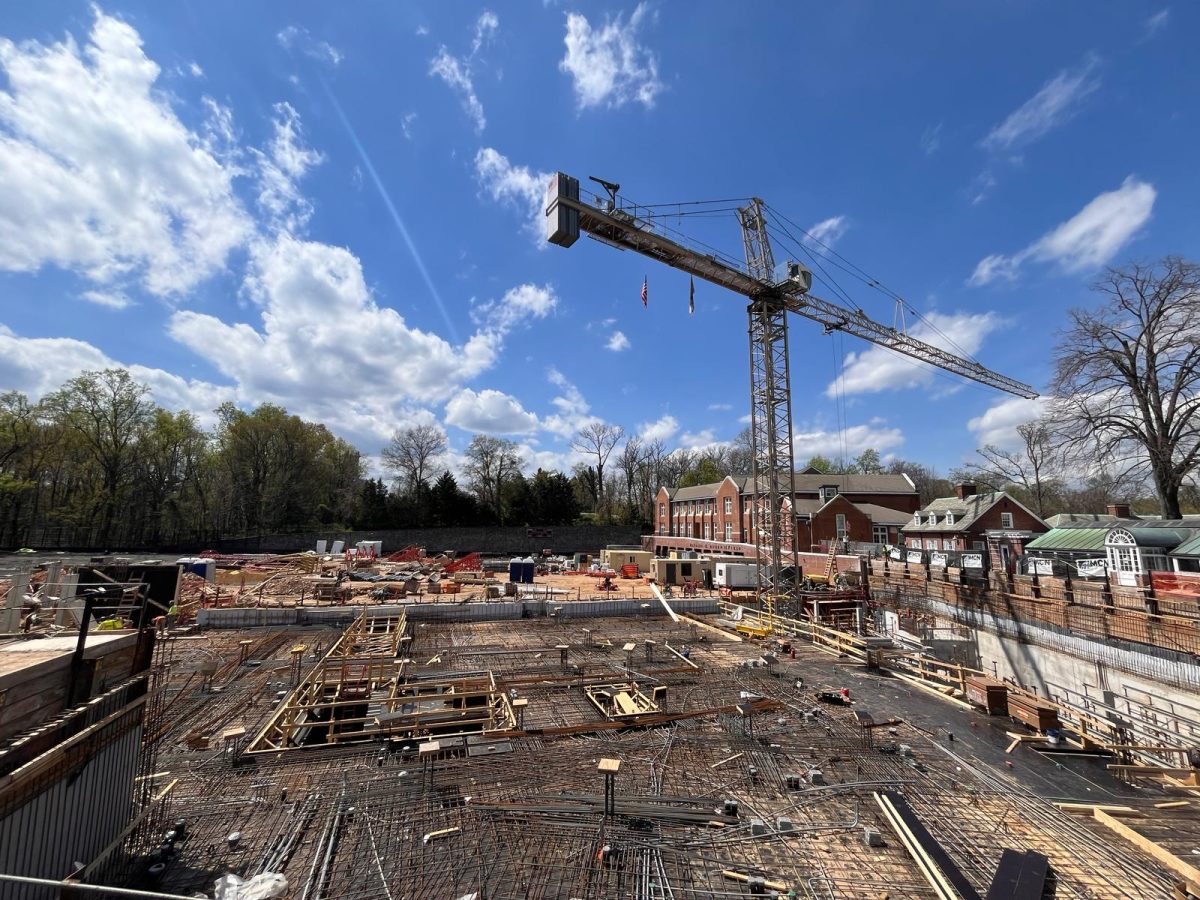
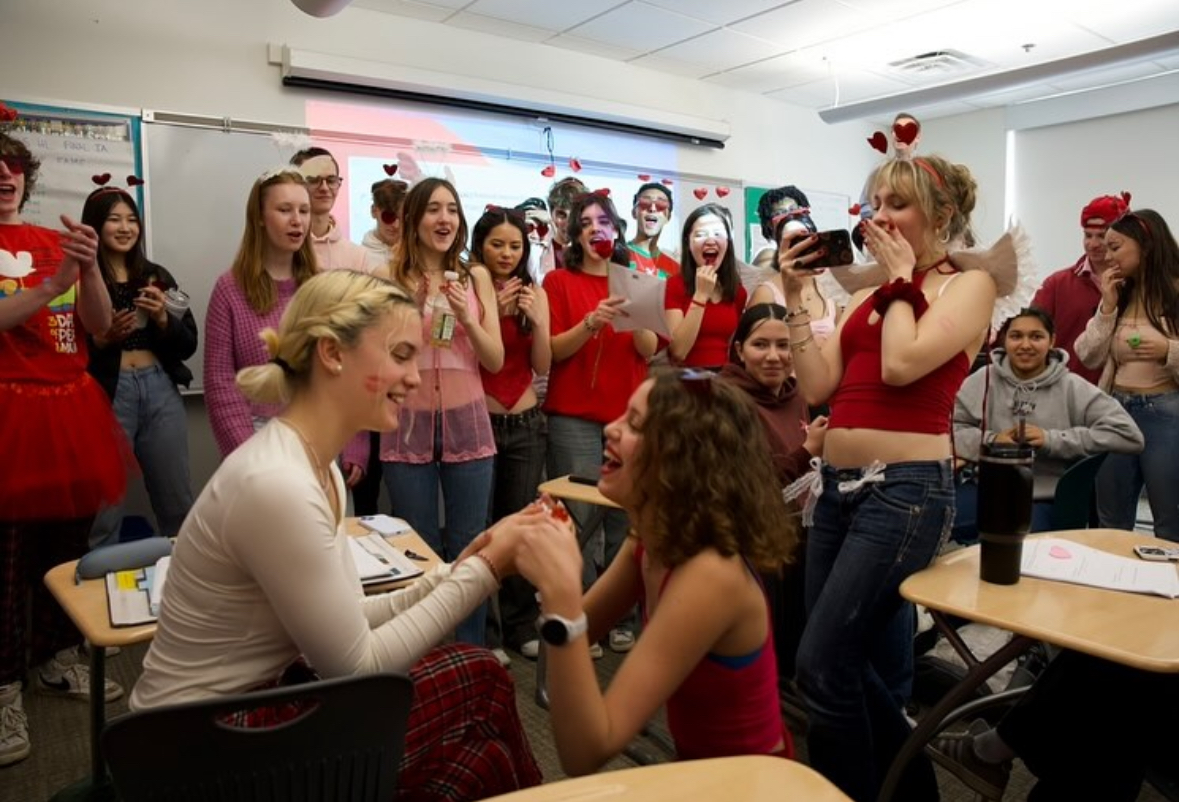
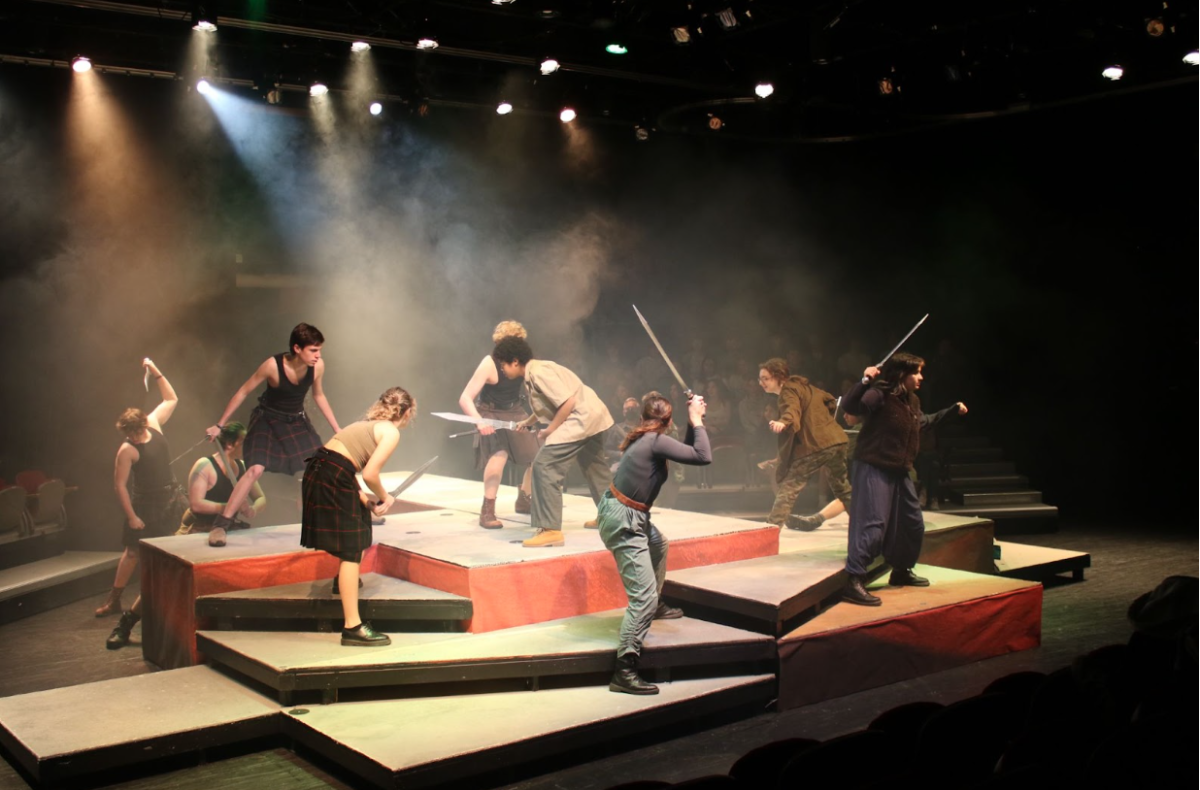



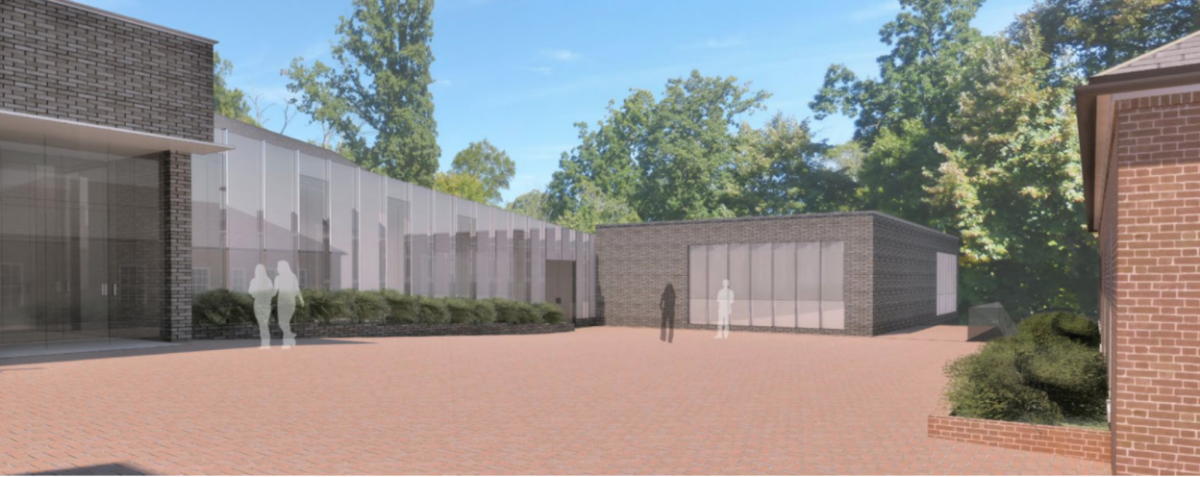







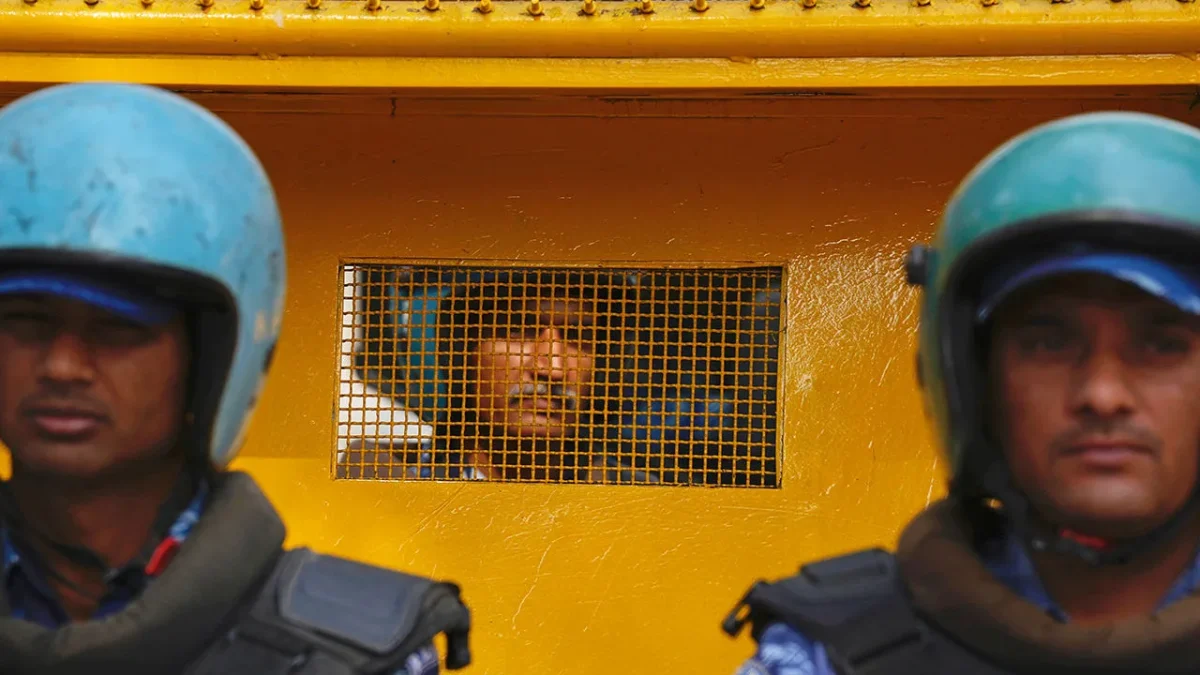

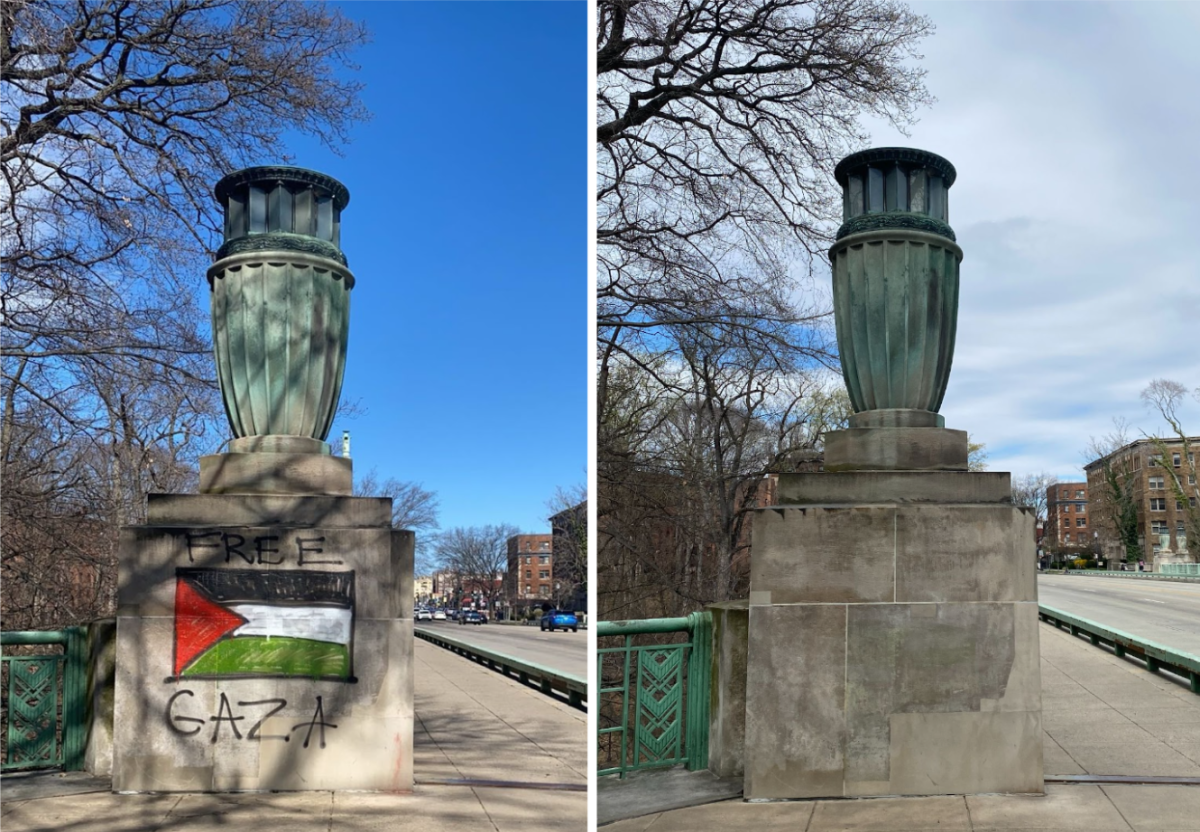


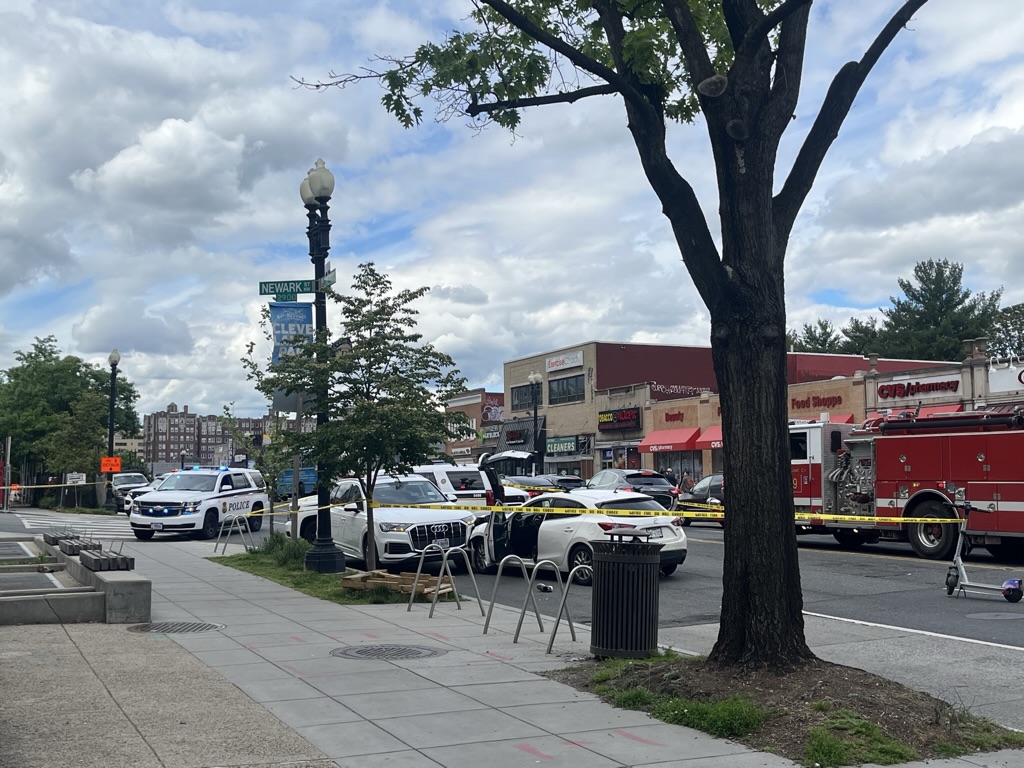


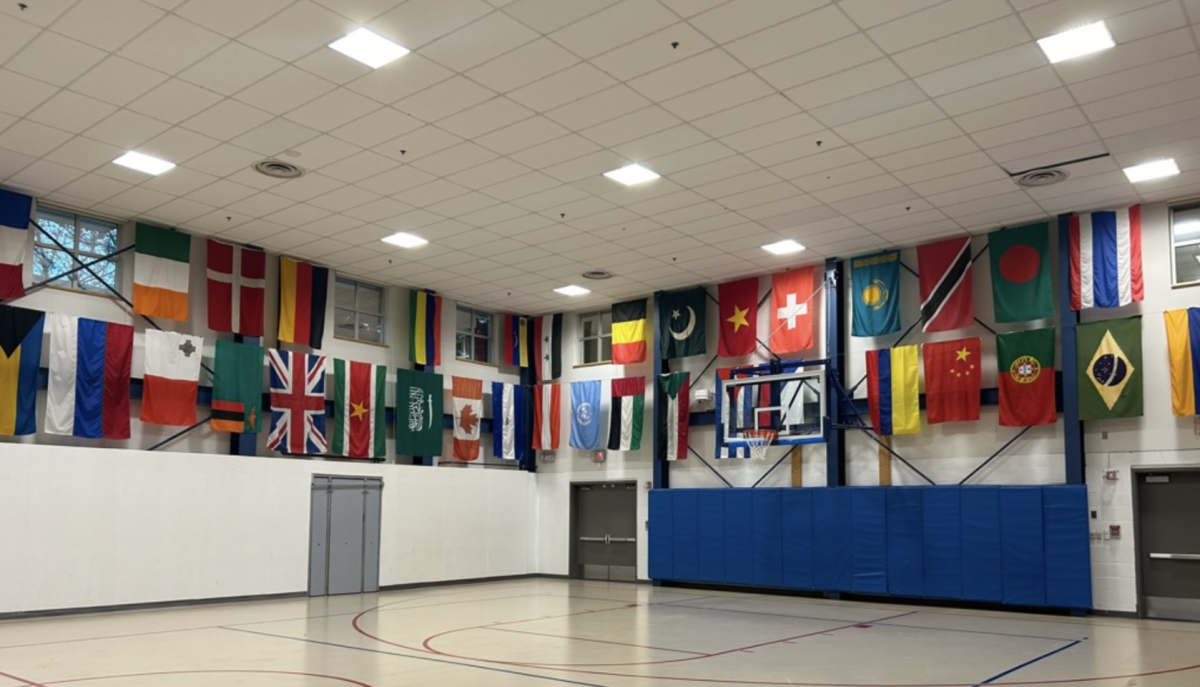






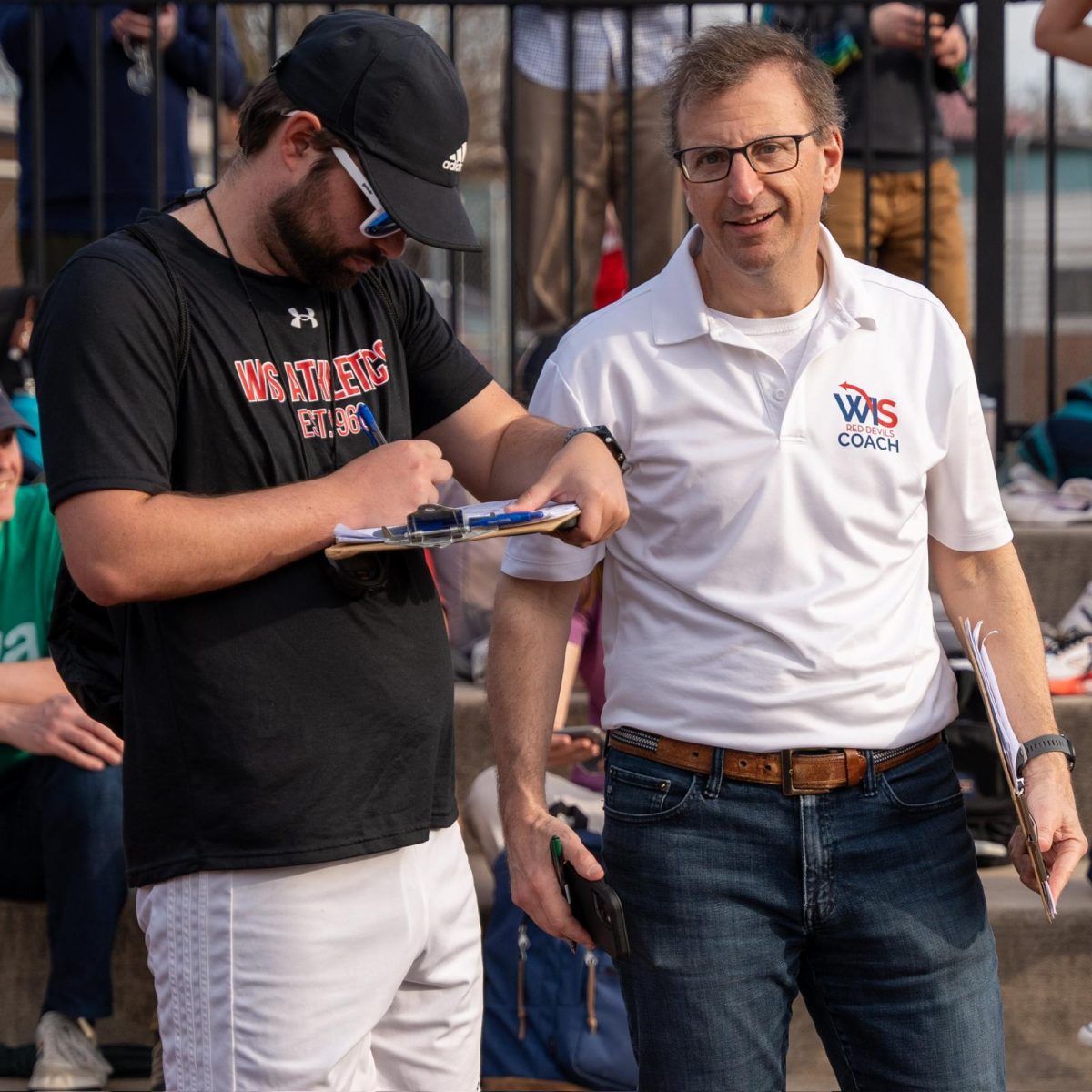
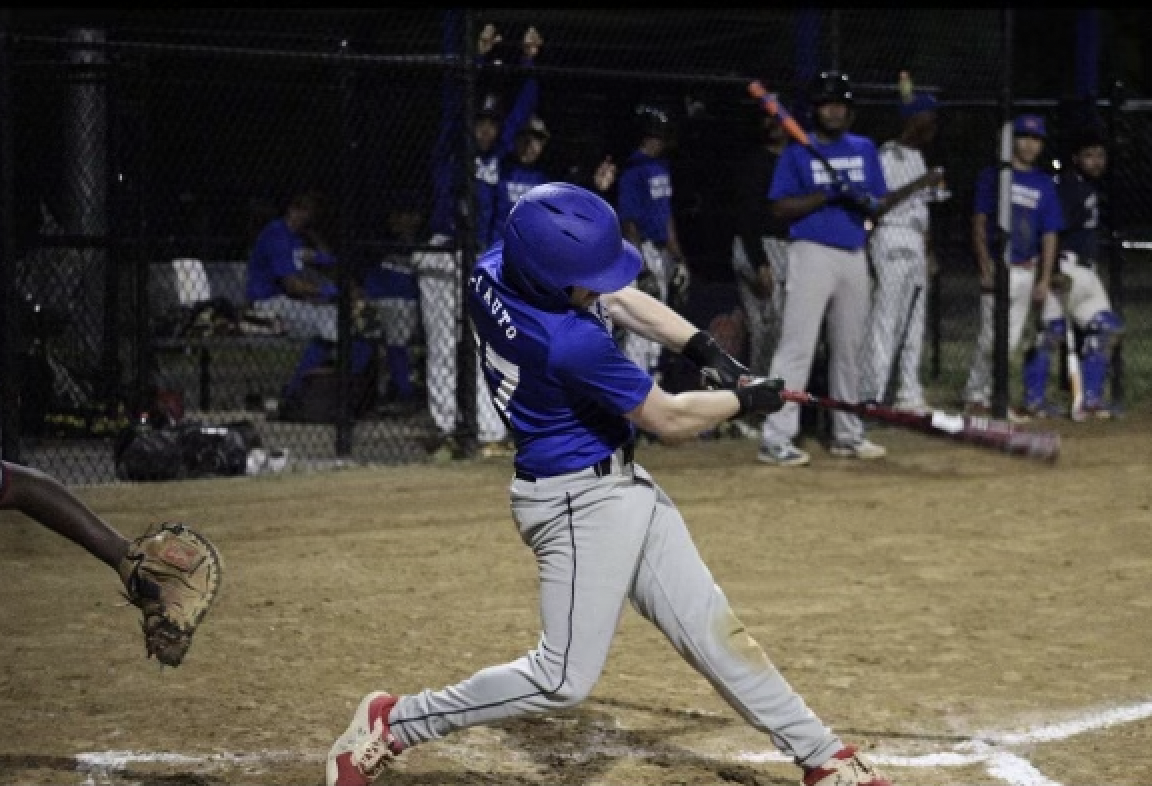
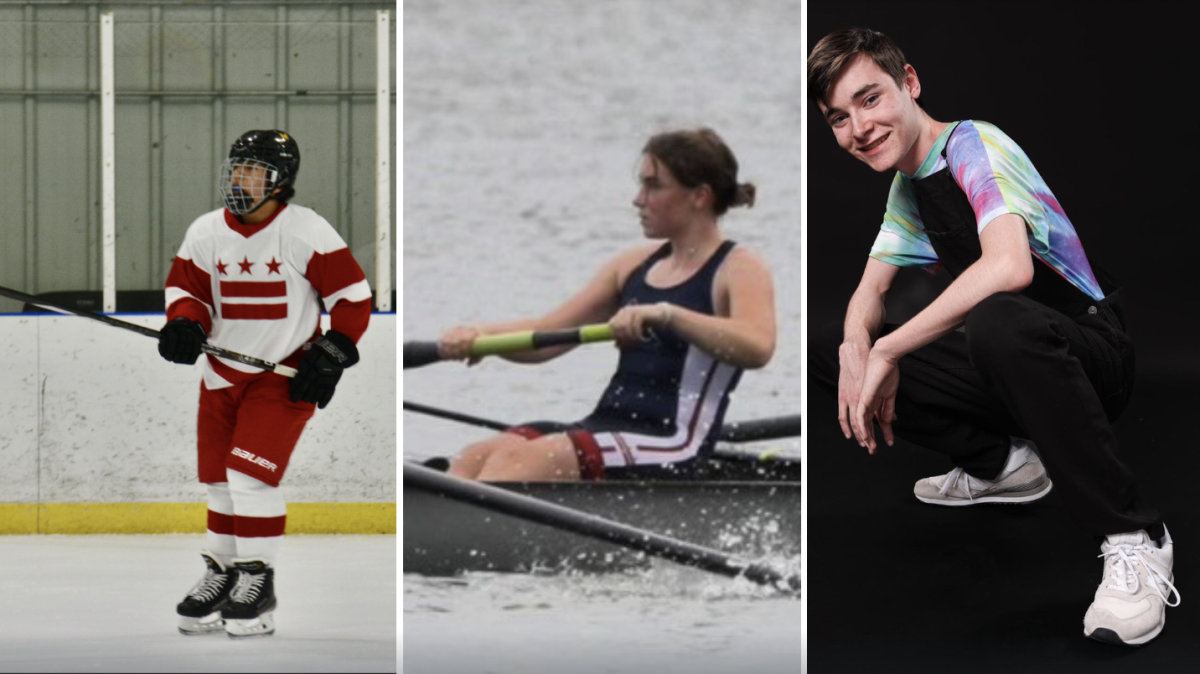





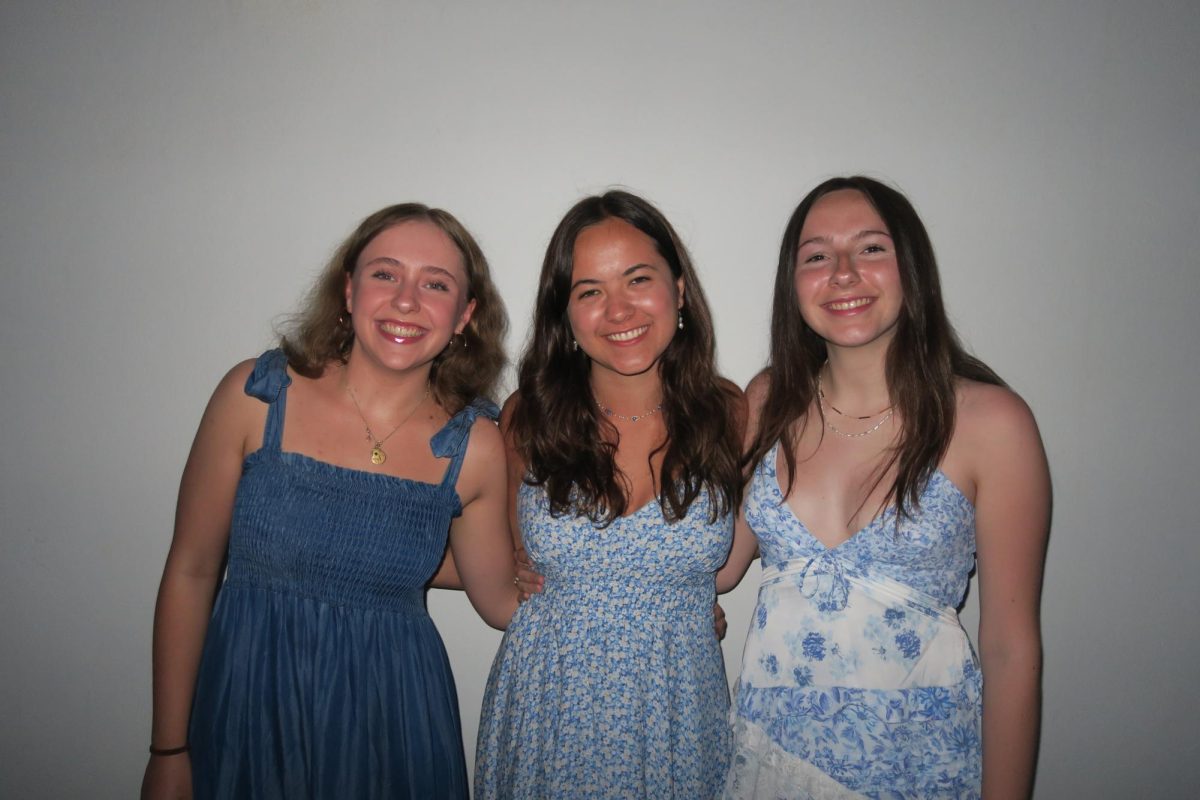

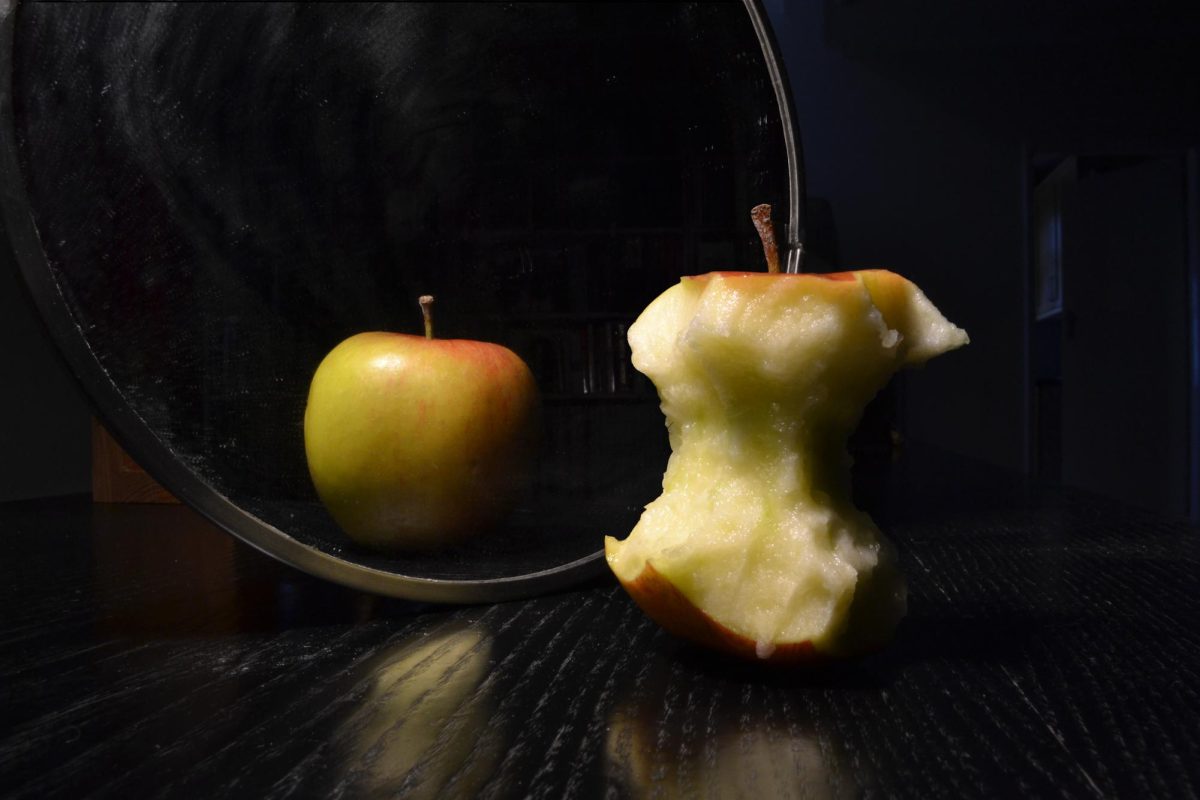






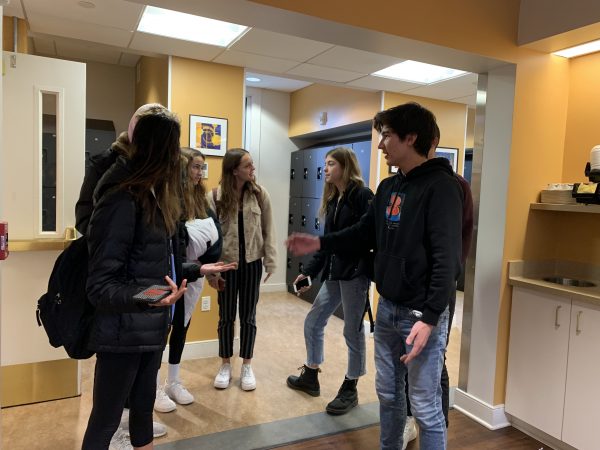
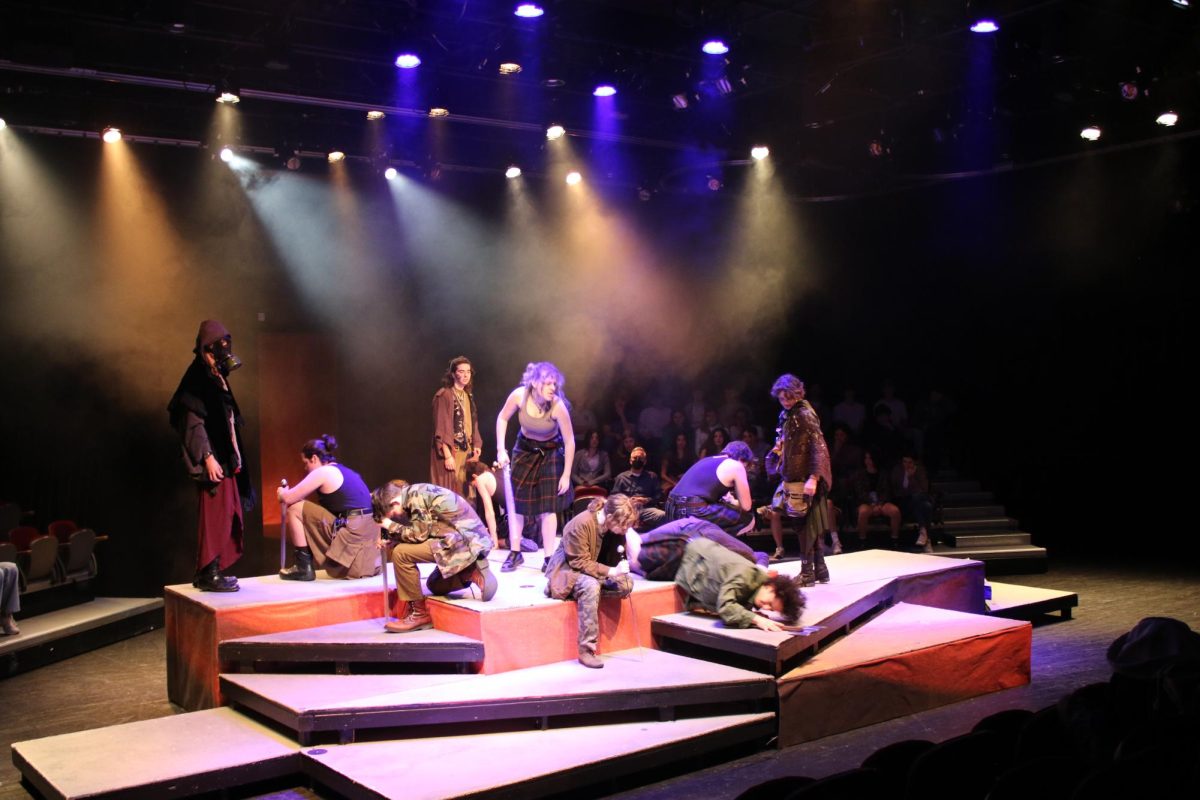






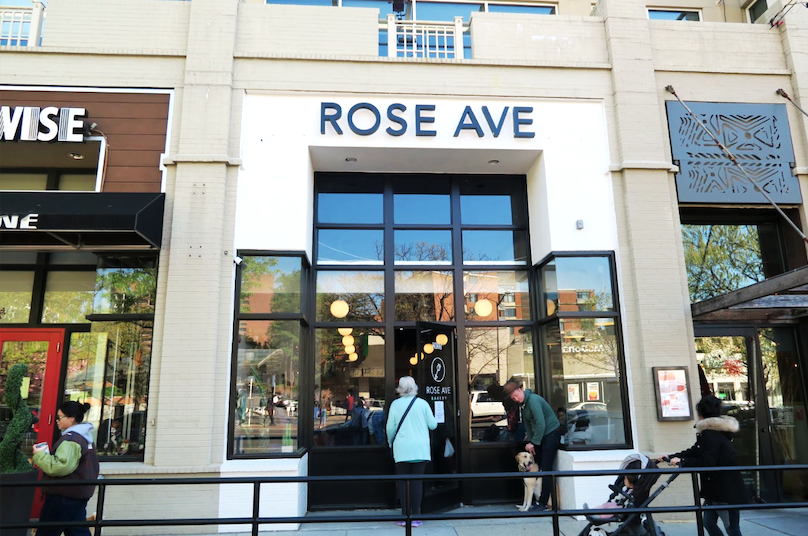
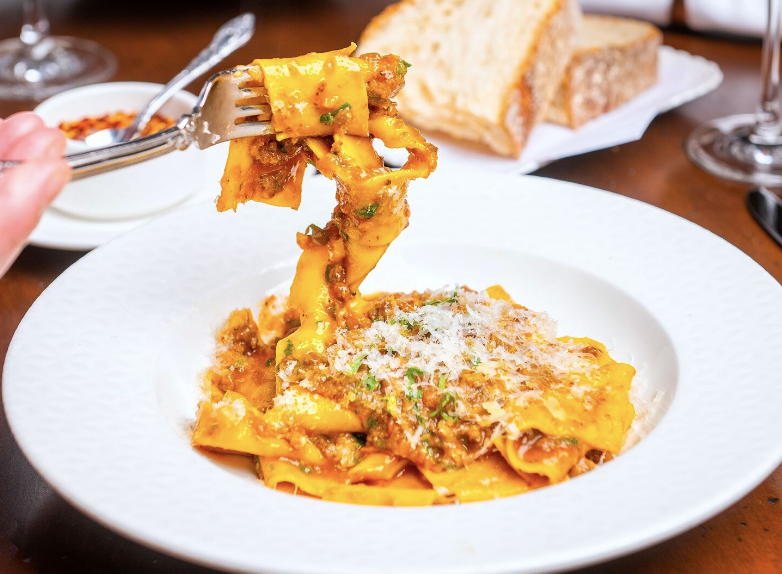
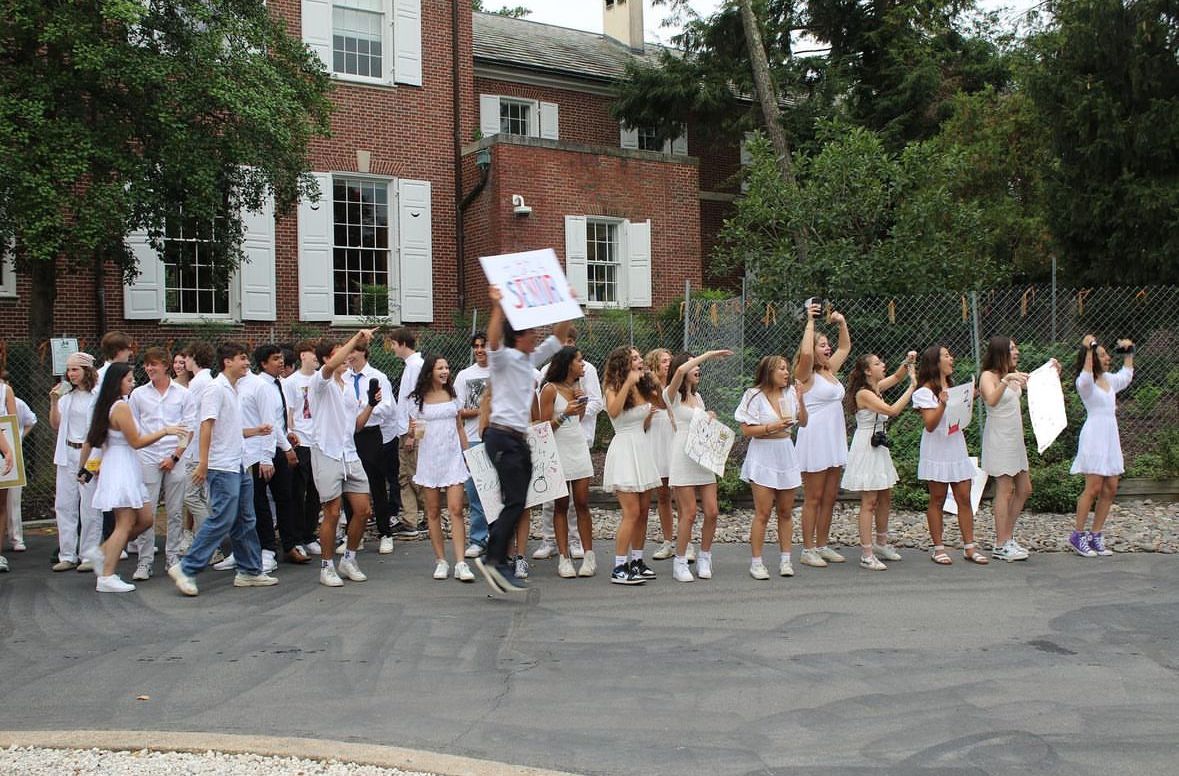

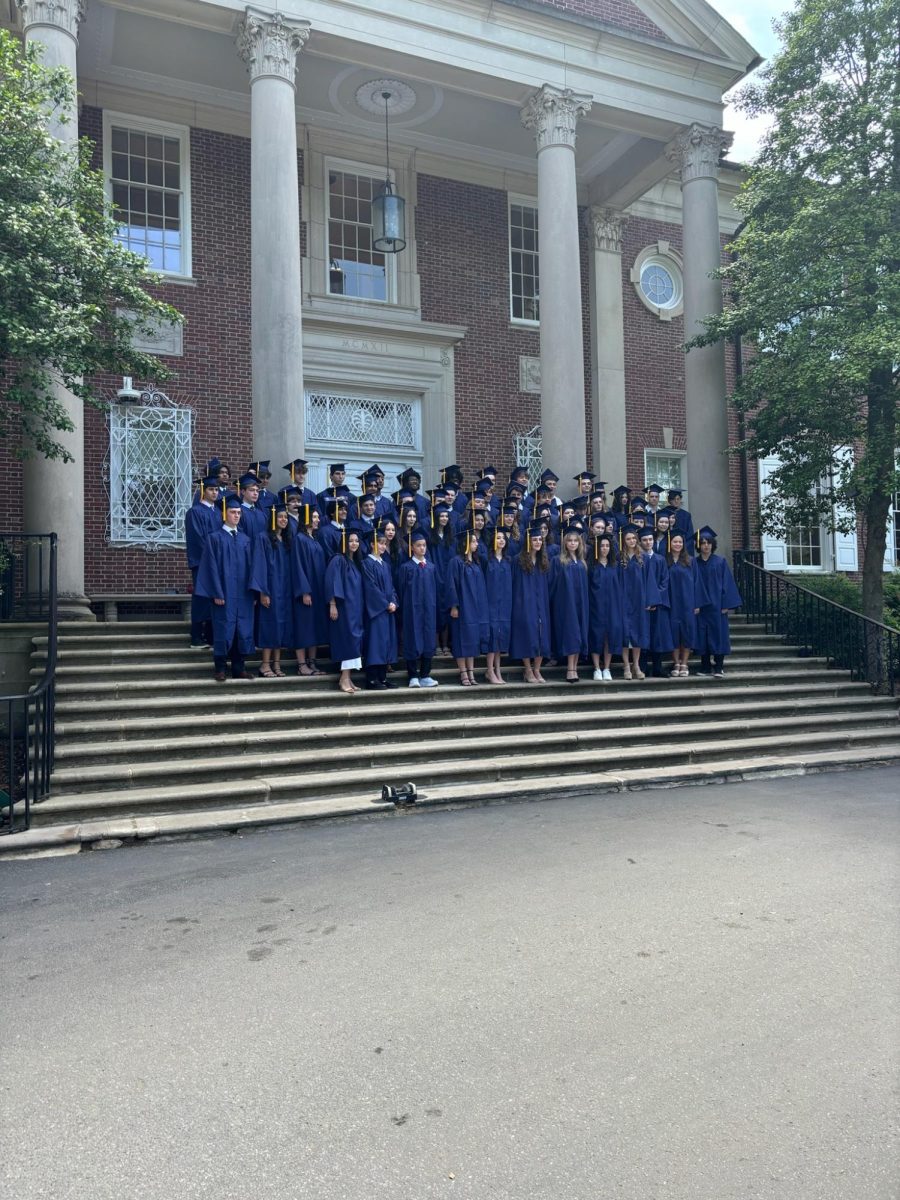

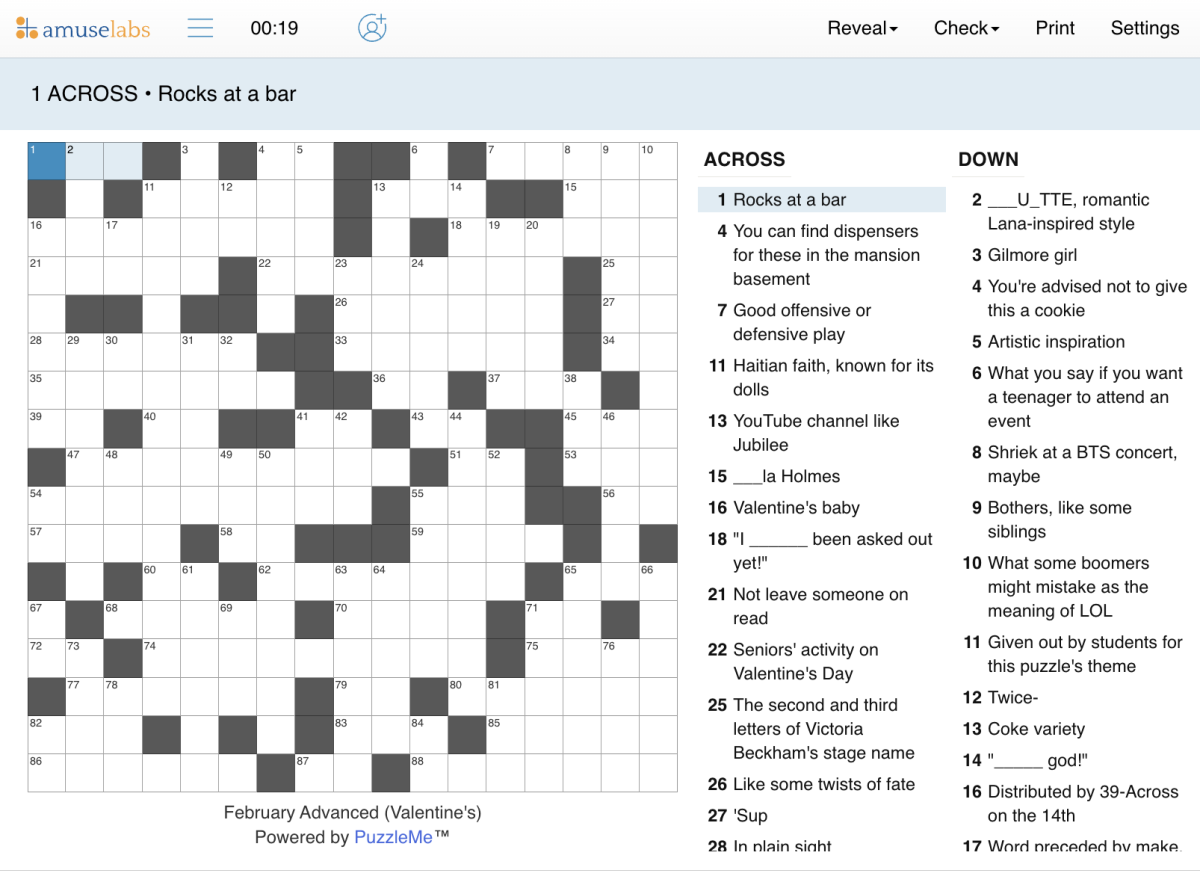
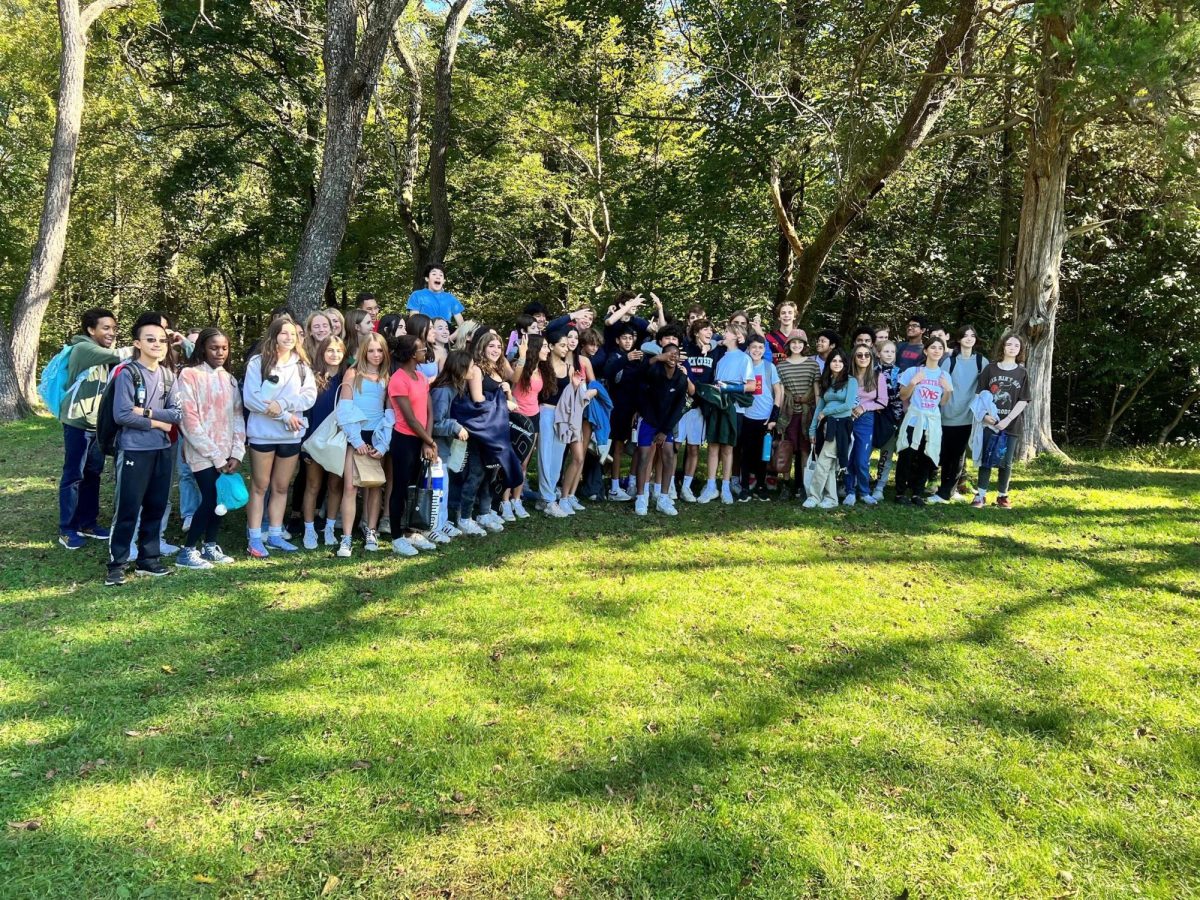

Ms. Bhalla • Jan 8, 2024 at 11:23 am
Thanks a lot for sharing these perspectives. I hope students know that it is always our intent to ensure that students feel well prepared for each and every transition. We’ll definitely take these perspectives into account!